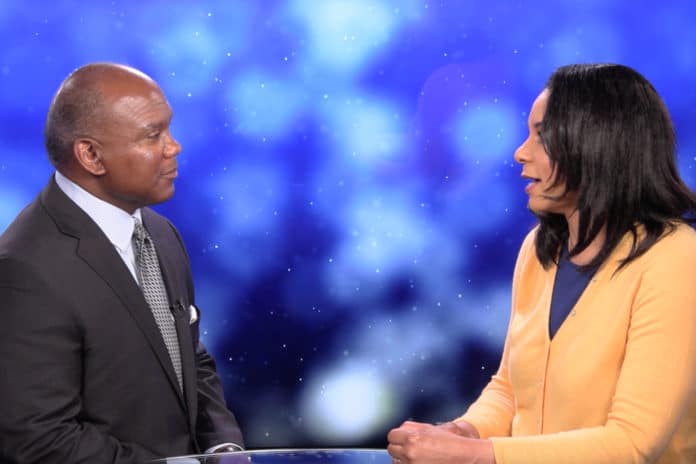Minnesota used to be the envy of the nation in terms of education and quality of life, but that is yesterday’s legacy, Kendall and Sheila Qualls said on this week’s episode of the Fully Charged podcast.
The two discuss a new standard being proposed for teacher licensing in Minnesota, issues in education, and the importance of school choice.
“Standardized test scores are declining across the state even in our best school districts,” said Kendall Qualls, president of TakeCharge.
“We’re proposing a new standard that doesn’t address the problems we’re having. This standard has nothing to with math, science, or reading. It has everything to do with critical race theory, equity, diversity, inclusion, culturally responsive teaching, social emotional learning or whatever you want to call it,” he added.
TakeCharge is a nonprofit that promotes the idea that the promise of America works for anyone, regardless of race or social standing. It also focuses on restoring the two-parent black family.
The new proposed standard, called “Racial Consciousness and Reflection,” is critical race theory with a shiny new label, Mr. Qualls said. It requires a teacher to believe race and racism are embedded into our institutions and everyday life.
“With all the issues with reading and math test scores, they want to add that as a new standard for licensing teachers? It’s dripping with critical race theory — they’re requiring teachers to understand intersectionality and how white supremacy undermines equity. That’s what they think is important to getting a teacher’s license in Minnesota?” Mrs. Qualls said.
St. Paul Public Schools is lowering the number of credit hours a student needs to graduate while adding culturally responsive indoctrination, Mr. Qualls said.
“While we’re focusing on race, our students are falling farther and farther behind,” said Sheila Qualls, executive director of TakeCharge.
In St. Paul, less than 17% of eighth-graders are performing at grade level in math. Less than 32% are reading at grade level.
This year’s eighth-grade class will be the first class that needs a “Critical Ethnic Studies” credit to graduate.
No matter how much people complain, the teachers union will not deviate from their agenda, so parents must get involved, run for school board, and take control, Mr. Qualls said.
“This is why school choice is so important, and we’re huge supporters,” Mrs. Qualls said. “Year after year these kids fall farther and farther behind. We shouldn’t be telling parents wait until next year. They should have the option to put their kids in schools that perform.”
Meanwhile, some school systems like Edina no longer use objective measurements when recognizing academic excellence.
“There used to be a social contract between parents, teachers and school administrators. That contract is being renegotiated at the expense of academic excellence and at the expense of students,” Mr. Qualls said.
LISTEN:

















